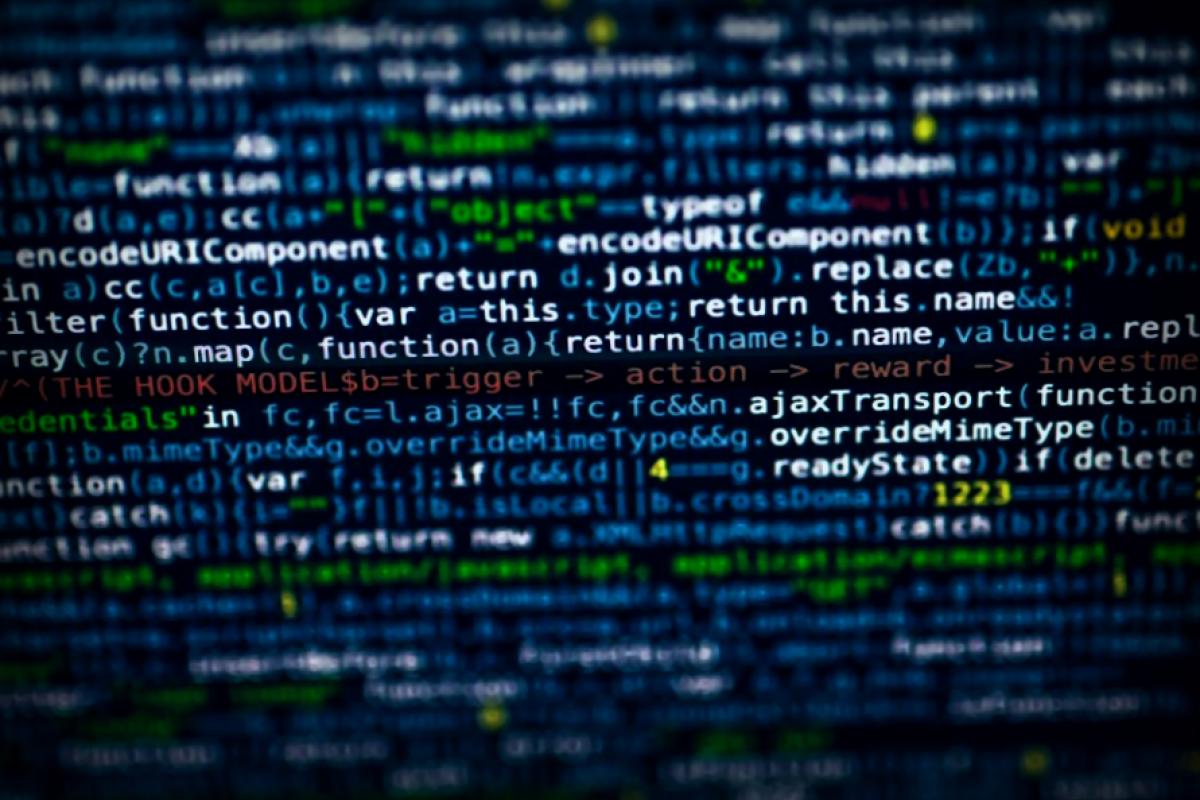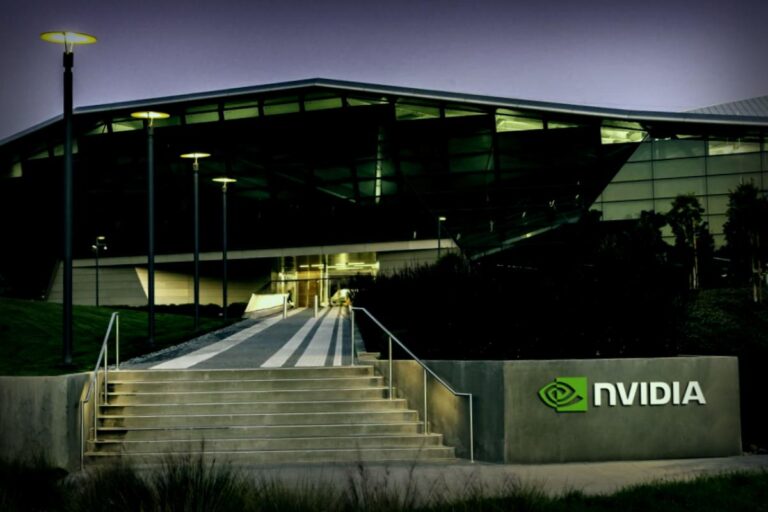Citigroup is making strides in a tech field that’s been tricky for corporate environments: artificial intelligence (AI). They’re focusing on employing AI agents that can independently handle complex tasks, paving the way for new opportunities.
Organizations across different industries are looking forward to a future where AI agents could execute a series of tasks over hours or even days, effectively accessing various internal systems without much human intervention. While Citigroup is leading the charge toward this future, many companies have still a way to go.
Citigroup’s New AI Initiatives
This month, Citigroup started testing innovative “agentic” functionalities on its in-house AI platform, which has been under development for two years. David Griffiths, Citi’s Chief Technology Officer, explained that these upgrades allow users to instruct the AI to perform multiple tasks across various company systems with a single command. “A couple of years ago, earlier models could perform agentic tasks but often lacked reliability. Now, they’re much more capable, especially in tool execution,” Griffiths noted.
This leap in AI technology is prompting companies to invest in agents that handle a wide range of jobs, from online grocery orders to writing complete software applications. Plus, firms are keenly exploring how these agents can communicate securely with each other and enterprise systems.
The Citi Stylus Workspaces platform utilizes advanced AI models such as Claude by Anthropic and Gemini from Google. The newest update allows users to guide the system in research activities, compile profiles from internal and public data, and translate findings across languages— all with just one instruction. Tasks that once required multiple human prompts are becoming more efficient. “This is just one of many powerful examples of how much more we can achieve,” Griffiths remarked.
Changing Workforce Dynamics
In the pilot phase, which spans about four to six weeks, 5,000 users will test out these new tools. Griffiths aims to evaluate how effectively staff engages with the technology, its potential impacts, and whether the advantages outweigh any disadvantages.
However, as operations grow in complexity, it can get pricey to maintain these AI agents. While Citi has tight cost controls in place, Griffiths mentioned that calculating return on investment remains tricky due to quickly changing costs of the technology. Tasks are typically rapid now, measuring only a few minutes, which aids in budget management.
This financial shift could transform if AI systems are developed to manage tasks taking hours instead. Griffiths noted that such advancements might influence the company’s perception of their workforce: “Will we need fewer people? I’m not sure. But we’ll certainly accomplish much more. It’ll be fascinating to observe how our workforce adapts to this significant productivity boost we’re experiencing.”
Image Credit: Markus Spiske; Pexels: Thanks a lot!
The post Citigroup Set to Embrace AI Technology for Business Enhancement appeared first on Due.




















